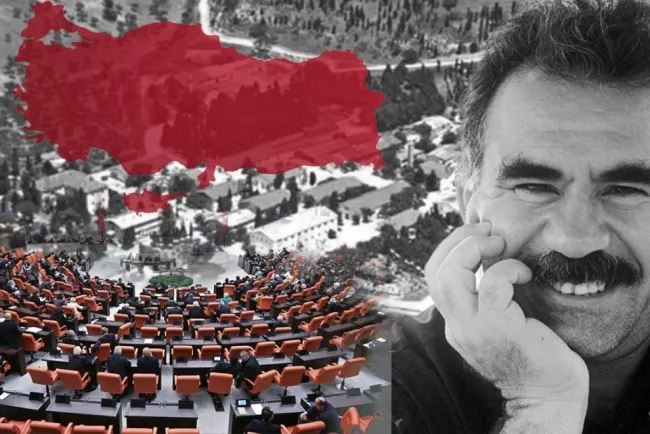Renewed Violence in West Bank: Israeli Settlers Target Palestinian Communities
The situation in the occupied West Bank has escalated as illegal Israeli settlers have intensified their attacks on Palestinian residents, raising concerns about the safety and stability of the region. Reports indicate that these settlers have not only vandalized homes but have also stolen livestock and damaged essential infrastructure. This article examines the recent surge in violence, the response from local authorities, and the broader implications for peace in the region.
Escalating Attacks on Palestinian Residents
In the village of Sinjil, residents reported that Israeli settlers launched a second attack in two days, resulting in burnt homes and stolen property. Local testimonies highlight the distressing experiences of Palestinians, with one resident describing how settlers, masked and organized like a mafia, set fire to structures and stole livestock, including around 50 sheep. Eyewitness accounts paint a grim picture of life under constant threat, as the mayor of Sinjil confirmed the destruction and fear gripping the community.
Israeli Military Response and Barriers
In response to the unrest, Israeli forces have erected barriers at key entrances to the Jenin refugee camp, a move perceived by many locals as an attempt to control the situation. A Palestinian woman expressed defiance, stating that no barriers could suppress their spirit or belief in their homeland. This reflects the broader sentiment among Palestinians who feel increasingly marginalized and threatened by ongoing Israeli military actions.
Humanitarian Crisis and Hostage Situation
The violence in the West Bank coincides with ongoing tensions in Gaza, where Hamas has released a video of Israeli hostage Omrian, who has been in captivity for over six months. His emotional plea highlights the human cost of the conflict, with his family calling for urgent action from the Israeli government. Palestinian President Mahmud Abbas has urged Hamas to release all hostages, arguing that their captivity provides Israel with justification for its military actions, further complicating the humanitarian crisis in Gaza.
International Reactions and Calls for Action
The international community has not remained silent, with Germany, France, and Britain urging Israel to lift the humanitarian blockade of Gaza. The worsening conditions in the strip have prompted calls for immediate relief, as civilian casualties continue to rise. Recent Israeli airstrikes resulted in the deaths of at least 25 Palestinians, exacerbating the already dire humanitarian situation.
Public Demonstrations for Peace
In the midst of this turmoil, public demonstrations have emerged in various locations, including a recent protest at Yale University against the visit of Israeli security minister Ben Gvir. Approximately 200 demonstrators gathered to voice their opposition to the ongoing violence and advocate for peace. Such protests reflect a growing demand for a reevaluation of the policies regarding Israel and Palestine, emphasizing the need for dialogue and reconciliation.
Conclusion
The renewed violence in the West Bank, marked by attacks from Israeli settlers and the ongoing humanitarian crisis in Gaza, underscores the fragility of peace in the region. As international pressure mounts for a resolution, the situation remains tense, with both sides facing increasing challenges. The path forward will require concerted efforts from local and global leaders to address the underlying issues and foster a climate conducive to lasting peace.
Stay informed on the latest developments in the Israeli-Palestinian conflict by following our blog.
What's Your Reaction?















